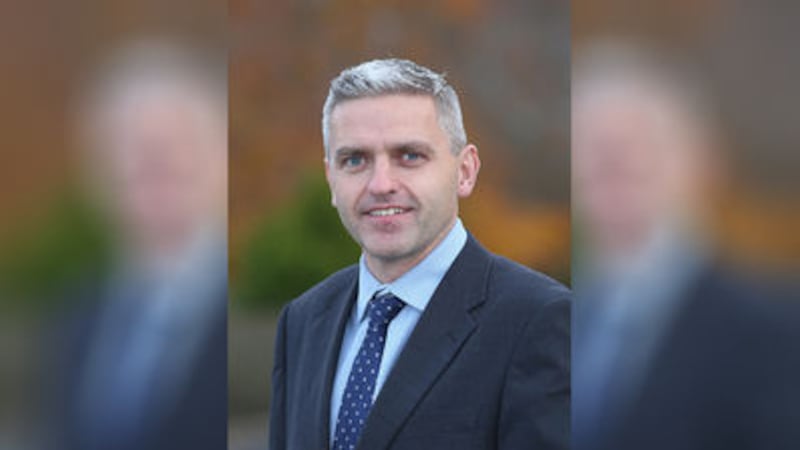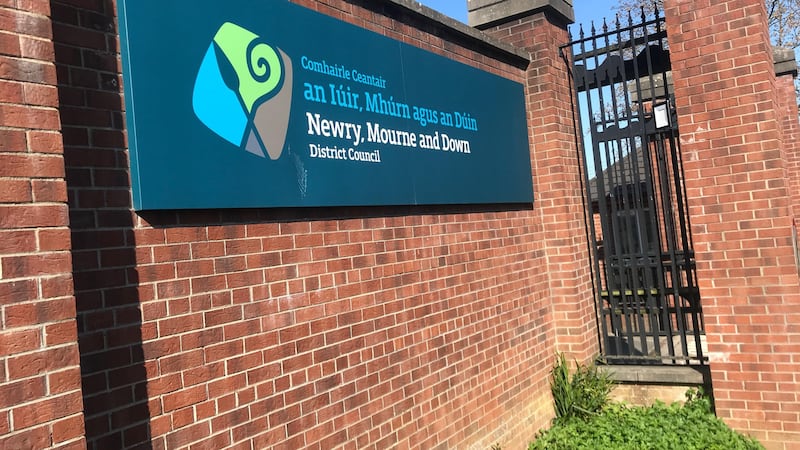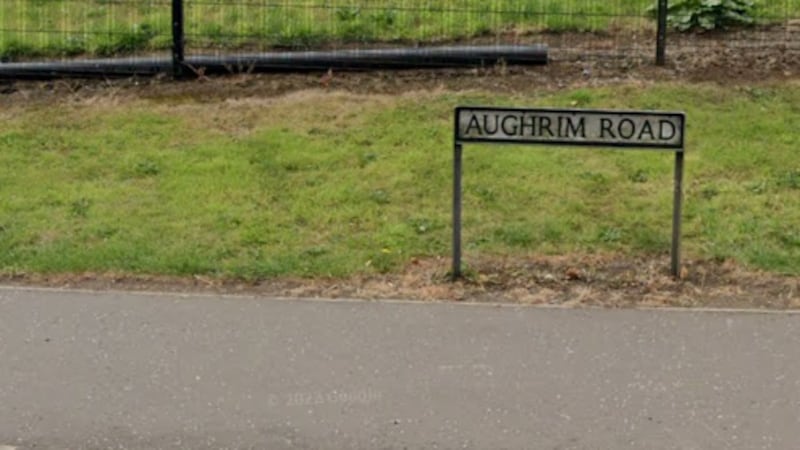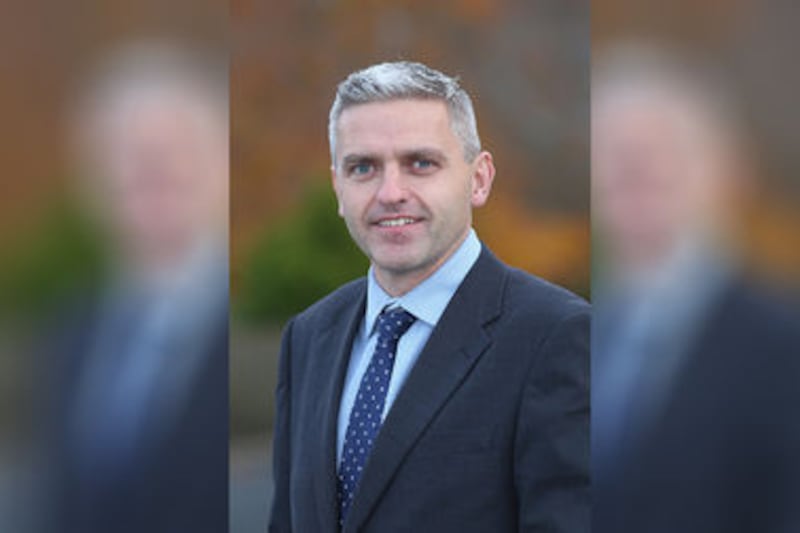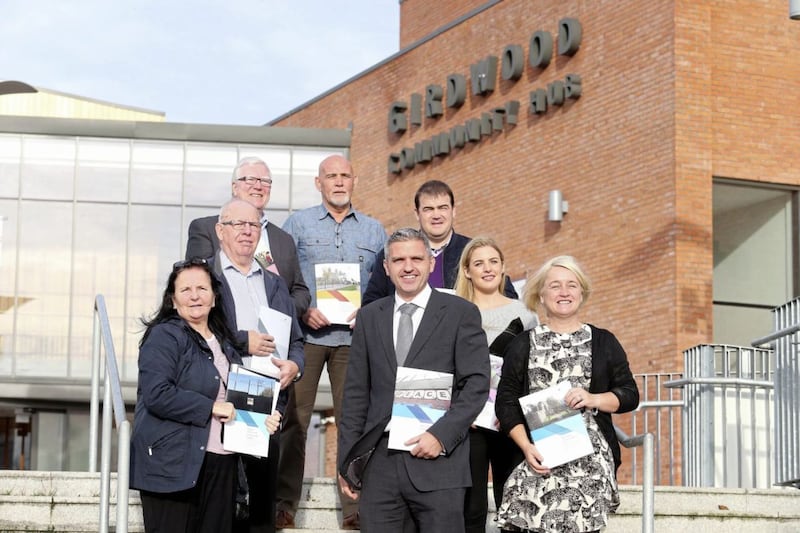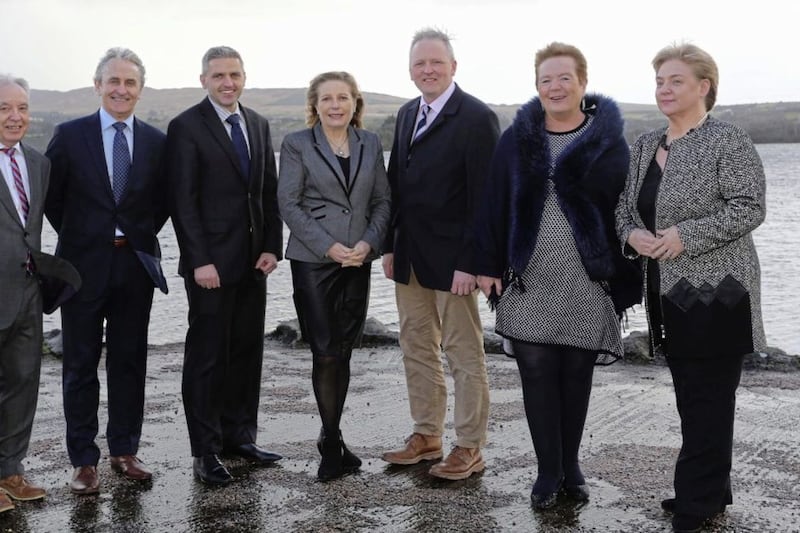The outgoing chief of a peace fund has warned against complacency around the peace process in Northern Ireland.
Adrian Johnston served for 10 years on the board of the International Fund for Ireland (IFI), including six years as chairman.
He led the transformation of a number of Northern Ireland's notorious peace walls and a shared education programme which sees schools across sectors working together more than ever before.
But Mr Johnston, who steps down from the role in March, has warned against complacency as devolved government in Northern Ireland remains collapsed and Brexit looms.
The Londonderry man said he was shocked by the recent car bomb in the city, revealing that despite growing up in troubled times himself, he did not think he would be having to explain such events to his own children.
"I grew up walking past the old Ebrington Barracks to school every day, delivering newspapers and getting my paper bag searched, it was part of normal life then," he said.
"For my kids the car bomb was like a scene from world war three.
"We can't shy away from our history, we need to ensure young people learn from it."
Mr Johnston also spoke of his fears around the impact of Brexit, saying tensions are already being felt, particularly in border areas.
"Free movement of people across the border is essential, I would have concerns around that and the knock on impact on border communities that already feel isolated becoming further isolated," he said.
Mr Johnston first joined the board of the International Fund for Ireland in 2009 when it was on a "glide path to closure".
"As I look back now there was a real sense of optimism, Senator Gary Harte summed it up, what more work is needed," he said.
"In hindsight an element of complacency had crept in.
"There was a very affluent peace and reconciliation sector, a lot of organisations giving out funding.
"In 2012 that complacency had led to stagnation in terms of the peace process and the really divisive issues were not being dealt with, such as segregated education and segregated communities.
"In my view it was not a fully inclusive process, there were still people on both sides who felt isolated. It was my firm belief they had to be engaged with."
Mr Johnston said when he was appointed as chairman he wanted to focus on issues such as segregation and peace walls.
He described one of his highlights as seeing the fund's shared education programme written into legislation.
During his tenure a number of peace walls across Northern Ireland were transformed or removed, with the fund playing a key role as a conduit between local communities and statutory agencies.
According Department of Justice figures, of the 56 structures it owns, 46 now remain in place.
These include 36 in Belfast, six in Derry and four in Lurgan and Portadown, Co Armagh.
Among the walls transformed include one at a former flashpoint in Ardoyne in north Belfast in 2016.
It was transformed to lower height black metal railings following agreement between the local communities.
However Mr Johnston said some of his proudest moments in the job were seeing young people being able to access opportunities, such as third level education, that they might not have otherwise after engaging with programmes the fund backs.
